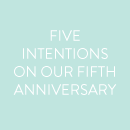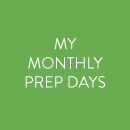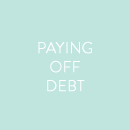31 January 2013

Adorable home plan from Allison Ramsey Architects
You all were so kind to chime right in with advice for a couple of first time home buyers when I asked back in October, so I figured it was only polite to give you a little update. Here goes.
I mentioned in that first post that we had found a home that we really liked, and maybe even loved. At that point, John had already been looking at local listings for a few months, but for most of those months we were still in saving mode (and preoccupied with our wedding!) and hadn’t felt seriously about a property yet. When we found said house, our timeline was jerked forward by a few months, and we scrambled to put into place a pre-approved lending offer. Once we had that in hand, we reached out to a realtor (a friend’s mom); she immediately set up an appointment for us to go look that weekend.
Practically the first thing our realtor said when we arrived at her office a few days later was that “our” house had gone under contract. Womp womp. Yes, after being on the market for more than 100 days, and yes, in the two days between our inquiry and appointment. They agreed to let us tour the house anyway, and of course, we loved it in person. We loved the neighborhood, the house itself was well-maintained, and we adored the backyard.
We ended up making a backup offer on the property, and it was accepted. Our realtor told us that backup offers are pretty rare, not because deals don’t fall through (it’s not uncommon, since in NC a buyer can walk away from a signed contract for “no reason or any reason” during the due diligence period), but because most potential buyers don’t have the month and a half or so to wait around and see if the original sale goes through.
We found out in mid-November that the original sale did go through, so our offer became null and void. We were pretty disappointed, but not crushed, as we knew it was a long shot from the start and tried not to get our hopes up.
Since then we’ve been scouring the listings even more closely. I’m not sure about y’all, but I feel as though our local market is picking up — houses that are priced well in the $200,000-$300,000 zone can be snapped up seemingly overnight, and we’ve actually had several more houses that we had appointments to tour go under contract before we could get to the appointment! We’ve walked through eight additional houses in person and driven by many more, but none have piqued our interest.
Well, that’s not entirely true. There’s one house that we LOVE the looks of, but it’s right next to a school (I mean RIGHT next to), which means there’s a lot of on-street parking, something which John has a vendetta against. There’s another house that we really like (haven’t been inside yet), but it has a tenant in it until September, and there’s no way we’re going to close on a house with a tenant in it (this is why). Yet another house is extremely intriguing to us, but the commute would be awful for both of us.* John is salivating over Watched House No. 4, but it is firmly out of (but enticingly close to) our budget.
We have about four more months before we need to tell our leasing office that we do not intend to renew, and six more months before our lease expires. We have some time, and we’re certainly not panicked yet. That being said, we do have a very narrow range of neighborhoods/areas that we’re interested in, and not the most enormous budget. I’ll keep you updated as things progress!
How about y’all? Anyone else in the process of searching for a home?
*I actually just checked this listing while writing this post, and this house is now contingent, too!! So scratch that one off the list for good.
30 January 2013
I have followed a written budget for seven years now, and I can confidently say that it is the number one reason I feel at peace with my finances. I don’t worry about whether or not we’ll have enough money to pay our rent or car loans every month; I know we will. The headspace this surety frees up allows me to focus on my dreams and keeps me on track to reach my lifetime financial goals. There are few things better than that! I know you all are excited to talk budgeting, so let’s get cracking.
So what does it mean, exactly, to build a budget? Dave Ramsey likes to say that budgeting is “telling your money where to go.” I like that image. A budget helps me be purposeful about how I spend and save instead of just closing my eyes and hoping. While there are many ways to track a budget (some of which we’ll be covering in the next few weeks!), building a budget is pretty standard. It’s all about two things — income and expenses — which make up your cash flow.
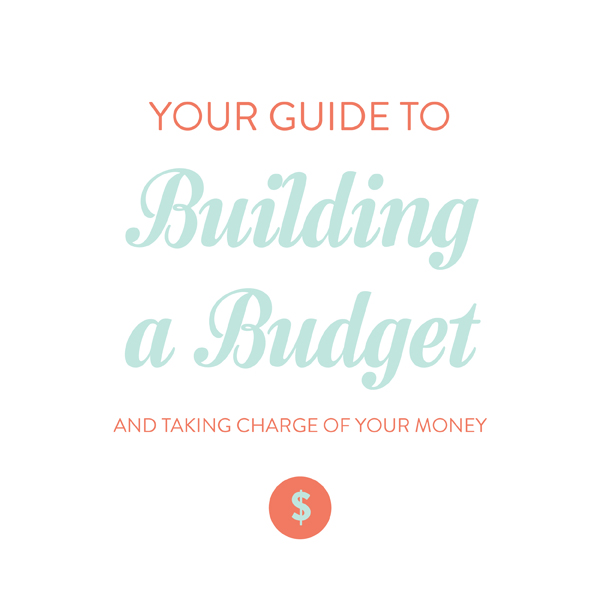
1. Calculate your monthly net income (your gross income minus taxes). For most of us, this is simply our paycheck.
2. Add up all of your fixed expenses. Fixed expenses are difficult or impossible to change and are the same (or roughly the same) every month: rent, utilities, your electric bill, student loans, car loan(s), auto insurance, health insurance, etc.
3. Calculate your monthly contribution to your financial goals. Like the experts say, pay yourself first. Put money into an emergency fund, reduce debt with extra payments, save for a down payment, save for retirement, and/or feed an investment account. If it’s a priority for you, include charitable giving in this step. Some people choose to do this as a percentage of their income (i.e. 10% for tithing), while others choose a set amount. Whatever you do, do not skip this step! Treat your savings like any other budget line item, not as something optional if there’s money left over.
4. Add up all of your variable expenses. Like the name implies, these are things that are not externally set, so you could, for example, cut back here if you wanted to move faster toward your goals. Examples include groceries, dining out, clothing, entertainment, gifts, travel, gas, personal care, etc.
5. Put it all together. When you subtract your fixed expenses, your contributions to your financial goals, and your variable expenses from your net income, there are three possible outcomes: you’ll either have a surplus, you’ll break even, or you’ll have a deficit. If you come out with a surplus, you can either save more or spend more (assuming you’re already saving the recommended amounts!). If you break even, perfect! If you have a deficit, it’s time to take another look at your figures (most likely your variable expenses), and adjust numbers until you’re in the clear. No more money “accidents,” people! By the time your budget is finished, every dollar will have a destination!
Easy to understand, a bit harder to follow in practice! But we’ll get to that soon enough. Your homework for the week: walk through these steps, and start calculating! If you’ve never made a budget before and are unsure how much to allocate for certain categories, I’d suggest looking back through last month’s expenses (maybe on a credit or debit card statement) and estimating from there. It might take a few months to get the balance across categories just right.
Next week, I’ll show you how John and I track our budget, and the week after that, we’ll have a special guest post on another tracking option!
Happy budgeting! And be sure to leave questions or tips in the comments!!
29 January 2013
One of my January goals was to list an entirely new product in the shop. Not only did I do that — I’ve already sold a few! Whoo!!

The concept is not entirely new — I’ve seen DIY versions around blogs + magazines and even at Marget and Seth’s wedding (so cute!) — but I thought it would be nice to make an option for those who don’t feel like taking on the project themselves. I have a listing up for a set of 25 right now, but feel free to request a larger number. I’m also working on adding more colors!

Check them out here!
25 January 2013
Hey friends! Just a quick update to say that, with your help, I have compiled my personal super foods list! It is now hanging on our fridge. (As a reminder, this was one of my January goals to go along with my 2013 daily goals.) In addition to asking for your help on the blog and on Facebook, I did a bit of Googling and found this article, this article, and this article to be helpful. My sister in law also sent me this article (including recipes!) which I loved!
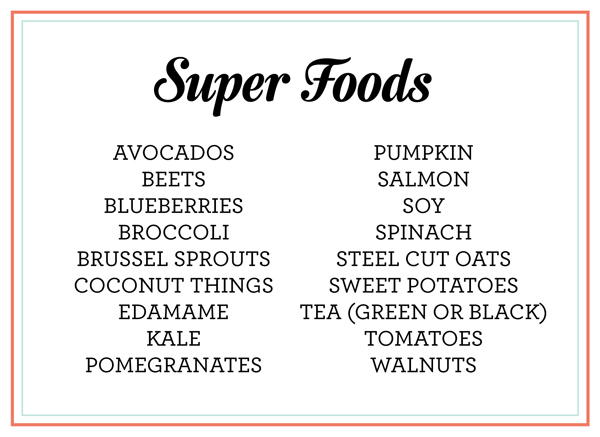
I liked the Cleveland Clinic’s definition of super foods/power foods: ones that give you “the richest amount of nutrients for the least amount of calories and the most health benefits.” There were some items on a lot of the lists I consulted that I chose not to put on my list because we already incorporate them into our diet, and I wanted this goal to challenge me to change my habits! I’ve had the most success so far with steel cut oats (with blueberries and brown sugar!), spinach (in salads with arugula and tomatoes), and pomegranate “seeds” as dessert. Also sweet potatoes, avocados, edamame, and tea, and we just bought coconut oil after trying it at a friend’s house.
John and I don’t really subscribe to any one diet or food philosophy; we try our best to eat a variety of “whole” foods, a minimum of processed foods, and a reasonable amount of humanely-raised meat. Everything in moderation, you might say. What about y’all? It seems like everyone and their sister is eating paleo, but I don’t really get it. Also, I like bread :)

















